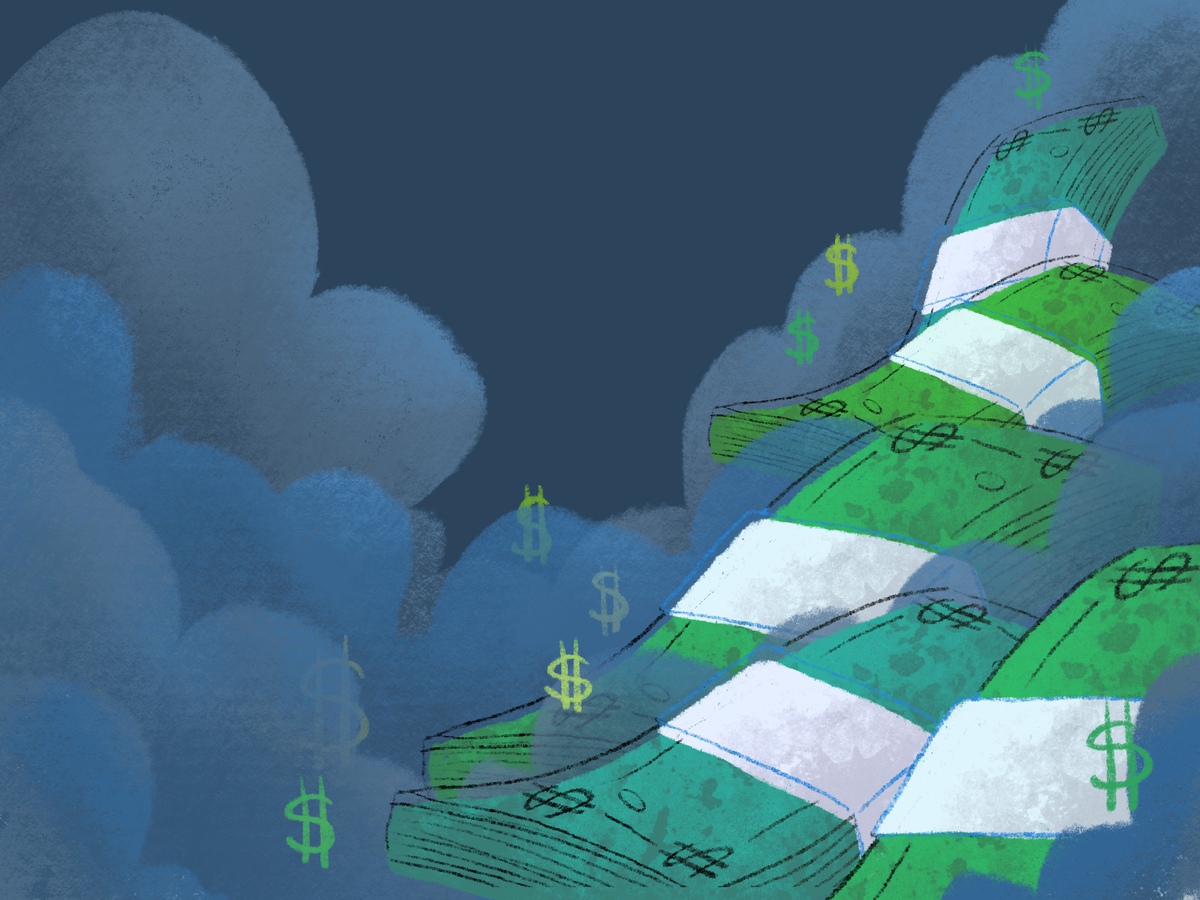With slightly higher tuition bills for the next two years, students will help UT fund efforts for student success and faculty salaries.
In March, the UT System Board of Regents allowed the University to raise tuition by 2 percent for the next two academic years.
A survey by the Senate of College Councils last fall found almost half of UT students opposed raising tuition, which previously increased in 2011, 2016 and 2017. But University officials say the revenue from the latest increases will help the University serve students while addressing inflation and budget constraints.
The increases are estimated to add $13.5 million to the University’s budget for the 2019 fiscal year and $13.2 million for the 2020 fiscal year.
Forty percent of this revenue will go toward the University’s various student success efforts, including a new University-wide career and development center in the Flawn Academic Center, said Joey Williams, communications director for the Office of the Provost. The career center is still under planning but will focus on ensuring all students are prepared for careers.
Existing student success efforts include the Graduation Help Desk, First-Year Interest Groups and success programs, such as the Foundation Scholars for Liberal Arts students and the McCombs Success Scholars.
Williams said the University is also seeking to improve financial aid to students.
All these efforts, which will be expanded with revenue from the increases, are intended to “support students to graduate on-time, minimize debt and prepare them for life after graduation,” Williams said in an email.
The other 60 percent of the revenue from the tuition increases will help improve faculty salaries, which have lagged behind salaries at other universities since the global financial crisis of 2008.
Due to the crisis, the University kept faculty salaries frozen for many years, Williams said. But other top research universities continued raising their faculty salaries.
“Now, we find ourselves in a position where our faculty salaries are well below average compared to our national peers,” Williams said.
The below-average salaries put the University at risk of losing faculty because of higher compensation at other universities, Williams said.
“We’re trying to make investments in making sure we’re keeping our top faculty here … and top competitive salaries to hire new faculty,” Williams said. “That’s why students come to the University to learn from great faculty.”
UT President Gregory Fenves implemented a $20 million budget reallocation last summer to help fund salary increases based on merit. But faculty and staff salaries remain the biggest cost for the University, amounting to $1515 million or 51 percent of the University’s $3 billion budget for the 2017–18 fiscal year.
For the 2017–18 fiscal year, $445 million from tuition helped pay for University salaries, benefits and infrastructure. This did not include Fenves’ salary, which is funded through state funds, gifts and interest from temporary investments.
But UT is not the only university increasingly using tuition to cover costs, according to the State Higher Education Executive Officers Association. Twenty-five states, including Texas, relied more on tuition than state funding, according to SHEEO’s report for 2017.
State support for universities has increased over the last five years, but remains lower than before the 2008 recession, according to the report. Andy Cohen, SHEEO’s vice president of finance policy, said Texas universities relied slightly less on tuition than other states in 2017.
If these trends hold, Cohen said universities will have a harder time educating traditionally under-served populations, such as black or Latino students.
“These students traditionally have higher costs and are less likely to afford tuition increases,” Cohen said. “(The trend) is potentially creating a significant issue that states are going to have to address.”
Correction: A previous version of this story said salaries and benefits were $151 million of UT's $3 billion budget. It was actually $1515 million. The Texan regrets this error.


















